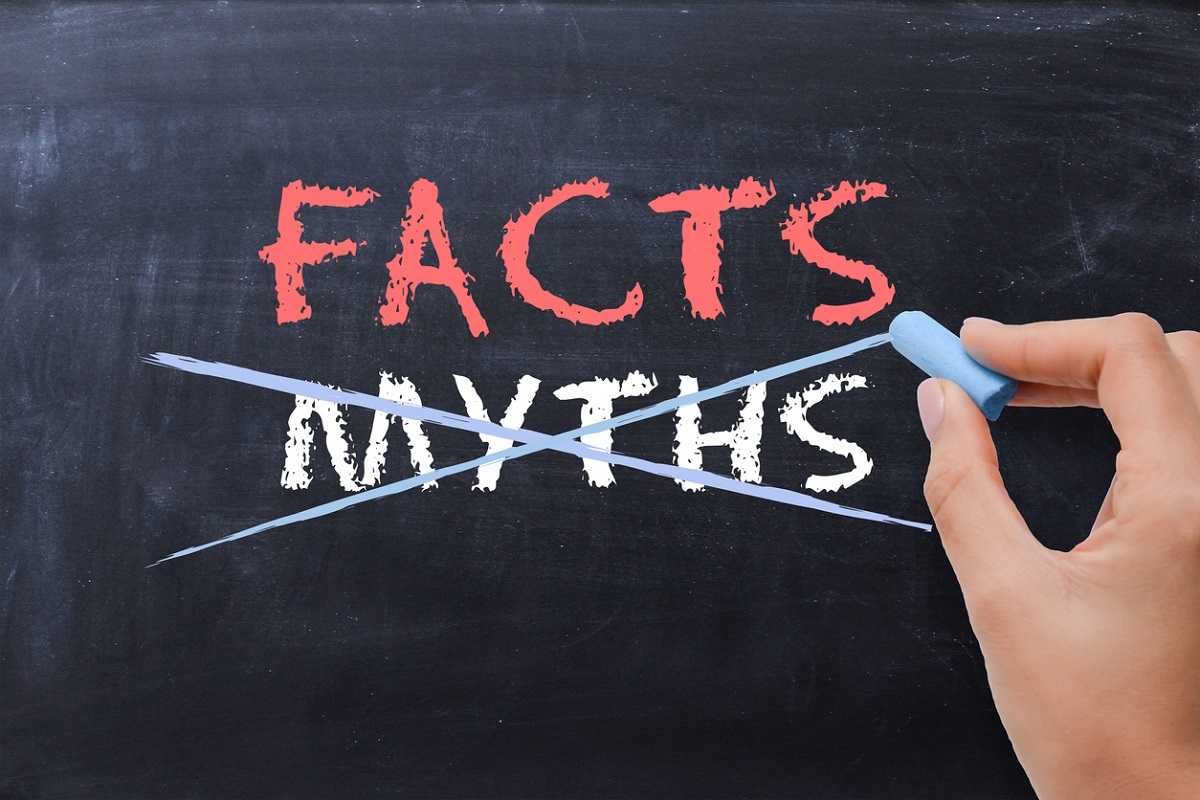
Beliefs in Conspiracy Theories About GMOs Can Be Corrected Using the Right Information
September 21, 2022| |
A study in China that investigated the relationship between information exposure and people's attitudes toward genetically modified organisms (GMOs) provided a localized explanation of the factors affecting the latter and a new theoretical basis for developing GM food campaign strategies.
The study used the stimulus-organism-response model to test the mechanism of information exposure on people's attitudes towards GMOs with conspiracy beliefs as mediating variables. The survey was conducted from February to March 2022 among 518 Chinese adults. Information exposure and people's attitudes toward GMOs were found to be significantly and directly connected. Beliefs in conspiracy theories also played a significant role and this was reinforced by unofficial information exposure. The more specific results are:
- People's willingness to consume GM foods was reduced by beliefs in conspiracy theories. It also brought discouragement towards the development prospects of GMOs.
- Beliefs in conspiracy theories weaken when people are exposed to official information. This also increased their willingness to consume GM foods.
- A person's objective can effectively reduce the negative relationship of conspiracy beliefs with attitudes toward GMO development.
- A person's level of knowledge had a moderating role in people's attitudes towards GMOs.
- On the other hand, a person's self-assessed knowledge can enhance the negative relationship between conspiracy beliefs and attitudes toward GMO development.
This new information can help in the development of strategic communication campaigns that involve GMOs and GM foods.
Read the full paper published by Frontiers in Psychology.
| |
You might also like:
- Risks and Trust Among Factors That Affect GM Rice’s Appeal to Chinese Consumers
- Economists Analyze China's GE Crop Commercialization Dilemma
- China to Approve More GM Maize Varieties - Agri Ministry
Biotech Updates is a weekly newsletter of ISAAA, a not-for-profit organization. It is distributed for free to over 22,000 subscribers worldwide to inform them about the key developments in biosciences, especially in biotechnology. Your support will help us in our mission to feed the world with knowledge. You can help by donating as little as $10.
-
See more articles:
-
News from Around the World
- Asian Regional Workshop on Current and Upcoming Items under the CBD and its Protocols
- What do you think of this newsletter?
- GM Yeast Produces Intense Aromas in Beer
- Australian OGTR Receives Application for Field Trial of GM Perennial Ryegrass
- Beliefs in Conspiracy Theories About GMOs Can Be Corrected Using the Right Information
- 8th Plant Genomics & Gene Editing Congress Asia
- Animal Biotechnology Opportunities and Regulations in the Philippines
- India's GEAC Approves Field Trials of GM Cotton and Maize
- Indonesia Opts for GM Soybean to Increase National Production
-
Research Highlights
- Researchers Enhance Soybean Phytophthora Resistance Without Growth Penalty
-
Read the latest: - Biotech Updates (April 17, 2024)
- Gene Editing Supplement (April 10, 2024)
- Gene Drive Supplement (February 22, 2023)
-
Subscribe to BU: - Share
- Tweet

